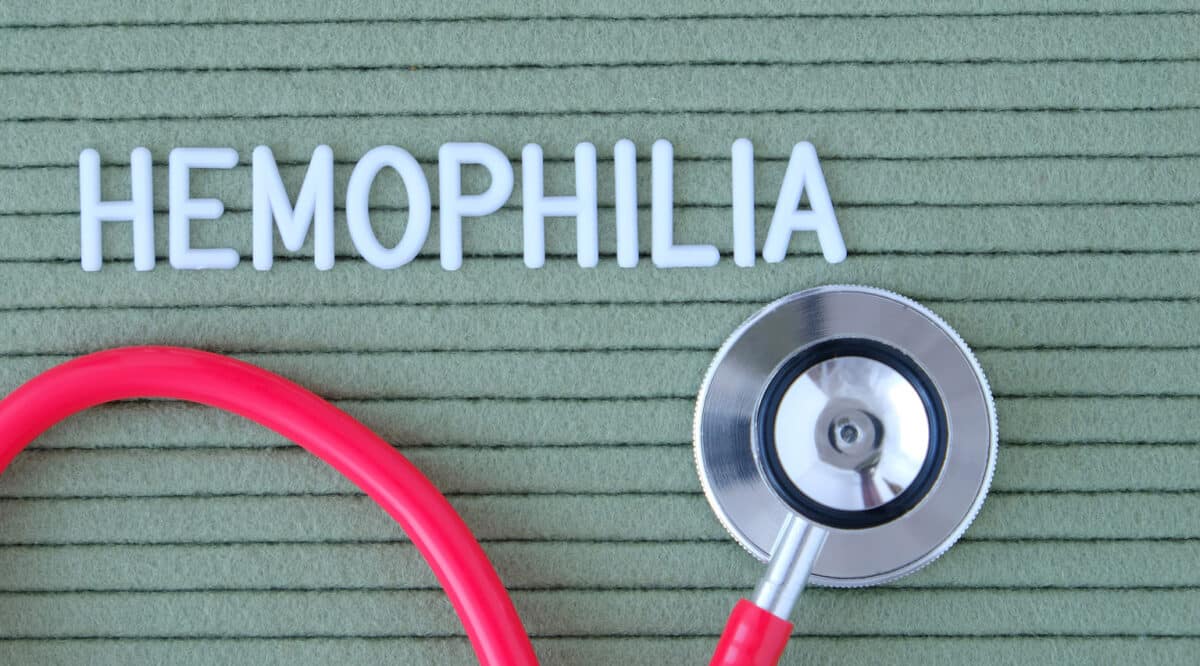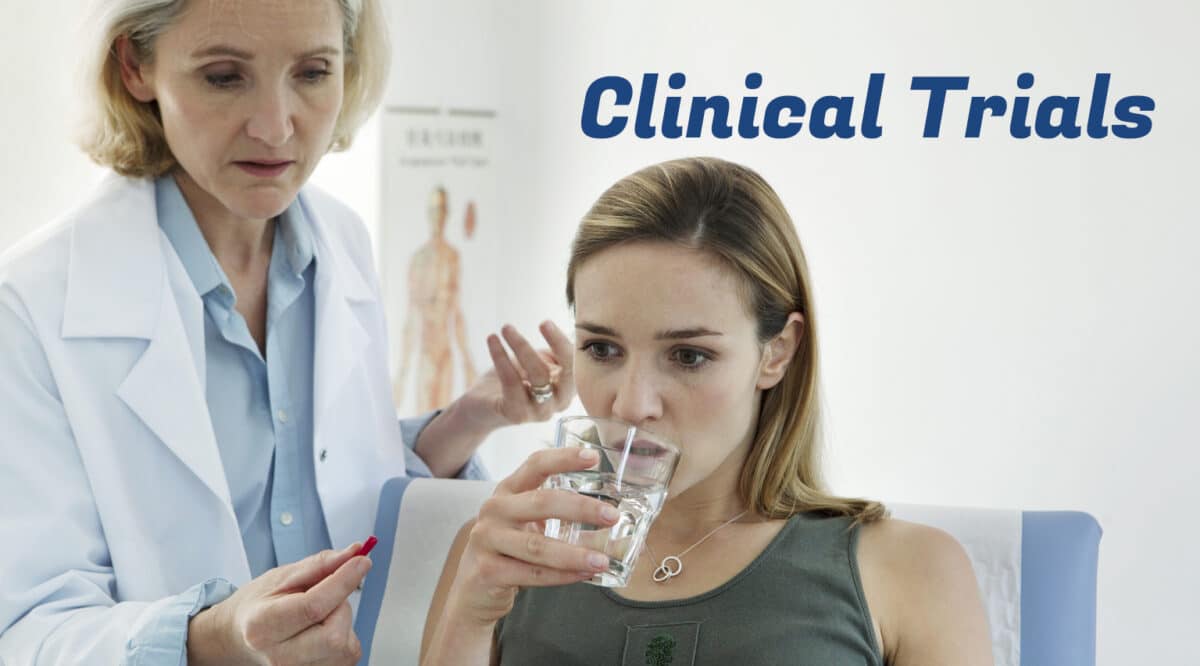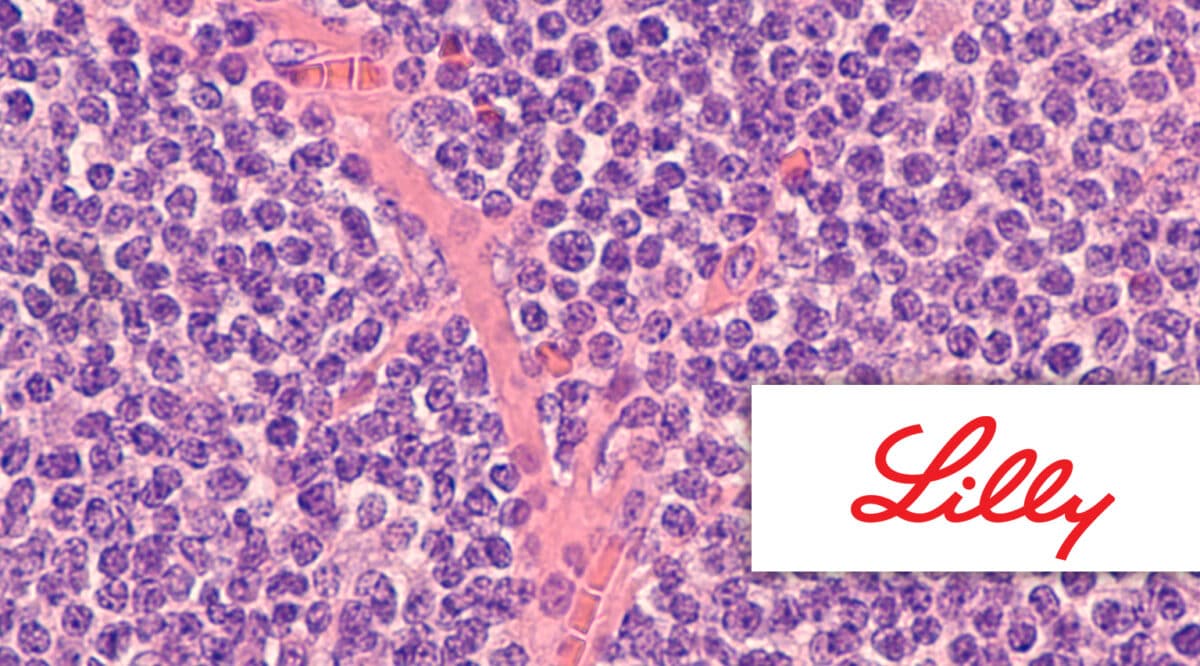Just about every specialty pharmacy has already obtained specialty pharmacy accreditation if they want to be a serious player in the SP market. The most serious SPs have not one, but two, or even three SP accreditations….. and even niche distinctions such as in rare diseases.
Accreditation is not easy but it is cathartic in practice. Well defined standards provide targeted guidelines for these companies to achieve, maintain, and nourish on a daily basis.
Many SOs find it difficult to stay the course. But, even for those that may stray from the righteous path, the day of reconning will arrive when their accreditation expires, a new application is required, and the process needs to be repeated.
The several leading accrediting companies are aware of the challenges for all SPs and are working to make improvements and efficiencies on their end. The article below is a good read that details many changes that SPs can expect when they ramp up…. or resurrect…. their accreditation process.
CLICK HERE to access the full article
—————————————————————————–
Many Changes in Pharmacy Accreditation on the Horizon
New specialty pharmacy and infusion standards and a benefits-laden path for becoming certified as a center of excellence are just two noteworthy developments in accreditation and credentialling for specialty and health-system pharmacies, experts noted during two recent conferences.
URAC
On Oct. 3, URAC released Specialty Pharmacy Accreditation 5.0, the latest version of its accreditation standards for specialty pharmacy operations. In February 2023, the Accreditation Commission for Health Care (ACHC) will release the annual updates of its portfolio of standards, including specialty pharmacy and infusion pharmacy. These updates follow ASHP’s new credentialing program, the ASHP Certified Center of Excellence in Medication Use Safety and Pharmacy Practice, which it released in the fall of 2021.
Heather Bonome, PharmD, URAC’s director of pharmacy, described the process of developing version 5.0 in a session at the National Association of Specialty Pharmacy (NASP) 2022 Annual Meeting & Expo. “Our last major revision to this standard was in October of 2019, and we didn’t just update it for the sake of updating,” she said. “We have standards that work that specialty pharmacies are used to, and we didn’t change those. Instead, we combed through feedback from our applicants over a three-year period about what worked and what didn’t. We also consulted all accredited organizations, various industry associations, consultants and leaders in SP. Standard by standard, we asked questions, got feedback and revised again. It was a very iterative process.”
One change that should please most applicants is this: “There has been a lot of streamlining,” Dr. Bonome said. “When you submit the application, there are about 50% fewer uploads and linking that you will need to do.”
The sections of specialty pharmacy accreditation 5.0 now include:
- Foundational focus areas
- Pharmacy operations
- Medication distribution
- Patient services and communications
- Patient management
Dr. Bonome noted that a separate focus area has been created on medication distribution management, which is no longer a part of pharmacy operations. “We heard a lot about medication distribution in our feedback, and that it was a burden to always do ongoing testing the way it had been done in the past,” she said.
Dr. Bonome gave an example for medication distribution: To achieve full accreditation, a specialty pharmacy must demonstrate the ability to maintain distribution, even in the face of weather such as hurricanes.
In addition, rare disease management has been changed from a designation to a center of excellence certification, and mail service pharmacy accreditation also has received a new-version update. Its content mirrors that of specialty pharmacy, with the sole exception of patient management, which does not appear in mail service pharmacy accreditation.
If your specialty pharmacy has already begun getting accredited under version 4.0 of the standards, you don’t need to reconfigure your application for 5.0, Dr. Bonome stressed. “When you sign up for accreditation, you sign up under a specific version, and you can continue with the process under that version even though the new standards have come out,” she explained. “Then, when you apply for reaccreditation in three years, you will do it under the new version.”
A Deeper Dive Into URAC’s Upgrading Process
During the year that URAC spent revising its specialty pharmacy accreditation standards to the newly released version 5.0, “we really heard a lot from you that the accreditation process took too long,” Heather Bonome, PharmD, the director of pharmacy for the accrediting organization, told a group of webinar attendees in October.
“So we took a step back and asked ourselves, ‘How can we keep the vigor but shorten the review process?’“ The first move “was really to streamline the standards,” she said.
Streamlining meant reassessing every aspect of the accreditation process, she noted, from client application uploads to URAC’s months-long desktop reviews, to ensure the revised product continued to reflect specialty pharmacy’s exacting safety and quality measures.
The result of the examination was a six-month reduction in specialty pharmacy’s accreditation time line, according to Jennifer Richards, PharmD, JD, URAC’s product development principal. “We did this in several ways,” she said. For one, the number of supporting documents required in the application process “was reduced by up to 50%.” Part of the reduction came from eliminating standards that duplicated ones set forth by state boards of pharmacy, she added.
“This is what the time line looks like for the revised program,” said Dr. Bonome, pointing to a graphic in the slide presentation. “There is now a two-month period for submitting applications and four months for URAC to conduct the desktop review, validate the review and render its decision.”
Reducing the time it takes to complete the approval process isn’t new. “For the last year-plus, every new or revised program we’ve released has followed this same process,” Dr. Bonome said.
“With every revision,” she added, “we learned how to make the process better for pharmacies seeking accreditation and reaccreditation. It’s been an opportunity to make sure that the best practices of the industry are reflected in the standards so patients are getting the best high-quality care—because at the end of the day, that’s really what it’s all about.”
When to Move Up to 5.0 Among Key Questions
A question-and-answer portion of the webinar served as a forum for revealing more details about URAC’s accreditation updates. Drs. Bonome and Richards fielded the questions from attendees, of whom about 80% represented specialty pharmacies. Here is a sampling of their responses.
Q. When does an organization have to move up to the 5.0 version of the specialty pharmacy accreditation standards?
A. You need to remain compliant with your current standards until it is time to seek reaccreditation. The clock starts ticking on the new version on the day you submit your reaccreditation application.
Q. What if we were recently accredited under 4.0 and a standard in that version is no longer included in 5.0? Do we still need to comply with it?
A. Yes, because that was the version you committed to for the full three years of the accreditation cycle. There are a lot of really good, solid standards that remain the same, so we’ll look for continued compliance with them. When it comes time for reaccreditation, the program that is currently available—assuming it’s still 5.0—is what you’ll need to focus on.
Q. Do we have an option to apply for version 5.0, if we signed a contract for 4.0 within the last month or so?
A. Yes. If you recently signed a contract for 4.0 but haven’t started working on your application and desktop review process and you want to update to 5.0, you can reach out to your client relations manager and work through that with them.
Q. What crosswalks are available, and is there a 3.1 to 5.0 version?
A. Three crosswalks are currently available through AccreditNet (URAC’s client access portal). The first is the 4.0 to 5.0 crosswalk. The second one, 5.0 to 4.0, reverses the data exchange and allows people to use whichever one works for them, depending on their organization’s own internal operations. We also have a 3.1 to 4.0 crosswalk. Currently there is no 3.1 to 5.0 crosswalk, but we might consider one if there is a significant number of requests.
ACHC Updates Annually
ACHC’s 2023 updates are part of the group’s practice of releasing updates to its standards annually, said Ralph McBride, RPh, the interim program director for all ACHC pharmacy programs, during the NASP session. “[Pharmacy is] a dynamic industry that is changing rapidly, and we listen to feedback from providers as we revise our standards. We believe in a rigorous process, but in incremental steps.”
Beyond specialty pharmacy accreditation, ACHC offers other accreditations to set a pharmacy apart, including ambulatory infusion, infusion pharmacy, mail order pharmacy, and compounding pharmacy (both sterile and non-sterile). “We also have designations in HIV, oncology, and rare and orphan diseases that can add distinction to your accreditation, as well as nutritional support and hazardous drug handling,” Mr. McBride said.
ASHP Tailor-Made to Health Systems
ASHP’s new Certified Center of Excellence in Medication Use Safety and Pharmacy Practice designation differentiates high-performing hospital and health-system pharmacy departments, said Lynnae Mahaney, the senior director of pharmacy accreditation, in a separate interview. “No one had previously offered an accreditation or certification specifically designed for health-system pharmacy, be it for one hospital or multiple hospitals,” she noted. “Pharmacists in the health-system world have been talking about this for quite some time, and we are now able to offer a standard that recognizes innovative, high-quality, safe and effective hospital pharmacy services.”
The new ASHP accreditation program “enhances the credibility and the value of your pharmacy services in the eyes of healthcare leaders, administrators, payors, and ultimately policymakers and patients,” Ms. Mahaney added.
The standard is very rigorous, she said. “We are expecting best-practice excellence and preparation time can be significant, depending on the organization. A unique aspect of this process is that the evidence of quality must include data: How are you measuring yourself, and how are you verifying that you are practicing at an excellent level and continuing to improve?”
In addition, ASHP is launching an individual certification for pharmacy leaders, the Certified Pharmacy Executive Leader, which recognizes core competencies in professionalism, leading people, leading the pharmacy enterprise, and leading within and across complex healthcare systems. This designation is currently in its pilot phase with an initial cohort. Certification will be valid for seven years.
A Long Process but Worth It
Estimating that it takes between four to six months to apply for and hopefully obtain specialty pharmacy accreditation from URAC, “there are fruits of that labor,” said Maribeth Bettarelli, PharmD, the executive director for Quality & Accreditation at CVS Caremark. “Achieving accreditation truly demonstrates an organization’s commitment, leadership and initiative,” Dr. Bettarelli said during a session focused on accreditation at the Academy of Managed Care Pharmacy (AMCP) Nexus 2022 meeting, in National Harbor, Md.
Dr. Bettarelli, who has participated in many accreditation processes for URAC and other organizations, said she is grateful to be part of a team at CVS Caremark that’s solely focused on reaching accreditation goals. She recommended that organizations that are just beginning the accreditation process partner with accrediting bodies early to conduct a gap analysis, so that they are in good shape when the accreditation review occurs.
Even if a specialty pharmacy has complete access to limited distribution drugs, Dr. Bettarelli noted several benefits of accreditation, such as improved staff engagement and the development of more individualized patient care plans. “Accreditation can really elevate the effectiveness of an organization in multiple ways,” she said.











